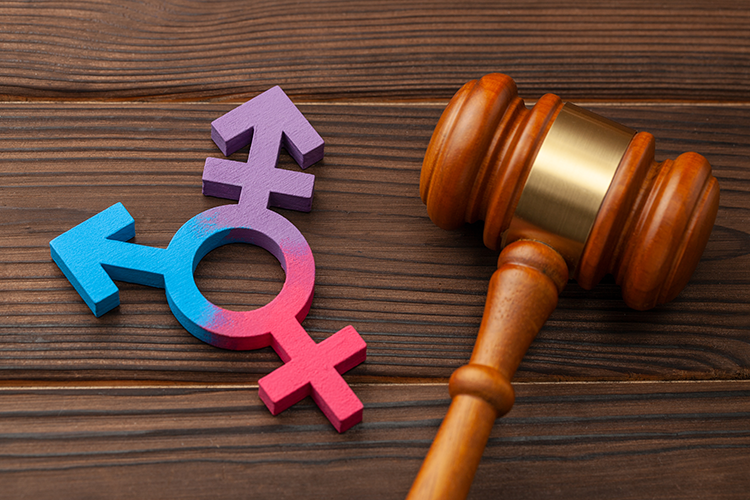Afternoon Briefs: 4th Circuit rules for transgender youth; tribe objects to execution

Image from Shutterstock.com.
4th Circuit rules for transgender youth on bathroom policy
The 4th U.S. Circuit Court of Appeals at Richmond, Virginia, has ruled for former high school student Gavin Grimm, a transgender youth who wanted to use a school restroom that matched his gender identity. The 4th Circuit said the Gloucester County, Virginia, high school policy violated Grimm’s equal protection rights and Title IX of the Education Amendments of 1972. (Law.com, the Associated Press, American Civil Liberties Union press release, the 4th Circuit decision)
Native American is executed over tribe’s objections
The only Native American on federal death row was executed in Indiana on Wednesday evening, despite objections from the Navajo Nation. Asked whether he had any last words, inmate Lezmond Mitchell replied, “No, I’m good.” The Navajo Nation is among a majority of Native American tribes that have opted out of the death penalty. But the opt-out didn’t apply to Mitchell’s federal crime, carjacking resulting in death. The U.S. Supreme Court on Tuesday refused to delay the execution. (The New York Times, the Indianapolis Star, SCOTUSblog)
New date announced for Florida bar exam
The Florida bar exam is rescheduled for Oct. 13, the Florida Supreme Court announced Wednesday. Previously, the test was scheduled for Aug. 19. The state supreme court announced the cancellation a few days before that because of technological problems and also released a video apology from Florida Supreme Court Chief Justice Charles Canady. The new testing date is one week after jurisdictions using National Conference of Bar Examiners testing materials have scheduled bar exams. (Florida Supreme Court order, Florida Supreme Court press release, National Conference of Bar Examiners updates)
Lawsuit by ex-Mayer Brown partner moves to California
A former Mayer Brown partner will have to pursue a lawsuit in California that contends that a startup company made fraudulent statements to get him to become an in-house lawyer. The lawyer, Hong Liu, claims that Faraday Future didn’t pay him a guaranteed salary and ousted him when he warned that the company was not complying with U.S. laws. U.S. District Judge George B. Daniels of the Southern District of New York said Wednesday he was transferring the case from New York to California. (Law360)



